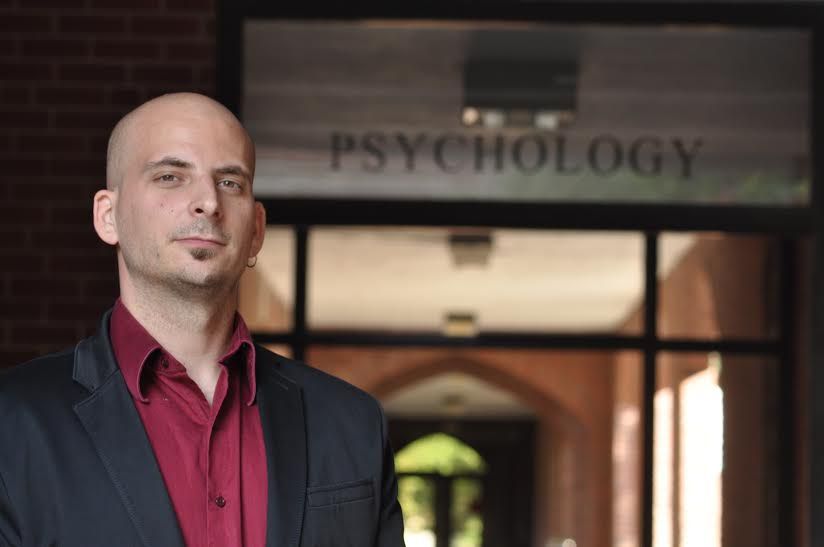Study displays how males are not opposites of females
Zlatan Krizan, associate professor in psychology, conducted a research study to analyze a number of interrelated studies about men and women. His research found that men and women aren’t all that different after all.
February 12, 2015
A new study shows that men and women really aren’t that different.
Zlatan Krizan, an associate professor in psychology at Iowa State, along with colleagues Ethan Zell, an assistant professor at the University of North Carolina at Greensboro, and Sabrina Teeter, a graduate student at Western Carolina University, conducted a research study analyzing a number of interrelated studies about men and women.
After analyzing the studies, Krizan and his colleagues found that men and women are more similar than we think.
“When it comes to most psychological attributes, we are relatively similar to one another,” Krizan said.
The purpose of their study was not to determine why men and women were different, but to determine by how much. Krizan explained that they finally had enough data to determine the magnitude of the differences between men and women, so that motivated them to conduct the study.
Krizan and his colleagues studied characteristics in men and women, including risk taking, occupational stress and morality. The study found that men and women are similar in psychological attributes and social personality domains. The similarities between men and women were also consistent regardless of age and time. Some of the similarities included intelligence and personality traits.
Although the study argues men and women are actually similar, some students still disagreed.
Nicole Mergen, junior public relations, said the way men and women are socialized makes them act differently.
“I think [men and women] are completely different just from what I learned growing up. You just learn that boys play with action figures and cars, and girls always had Barbies and played house.”
Mergen said the findings of Krizan’s study did not change her mind.
“I still think that men do things one way and women do things a different way. It’s kind of a stereotype, but I still think they’re pretty different,” Mergen said.
Nick Madsen, senior in agronomy, said males’ and females’ hormones along with their perceptions of relationships play a part in why he thinks men and women are fundamentally different.
“Males have testosterone and females have estrogen. They are obviously very biologically different in many ways,” Madsen said. “I also think women are more emotional and care more about their appearances. I think as time goes on, the stereotype and idea that men and women are very different will not change.”
Krizan said he and his colleagues were surprised at the results of the study themselves.
“We were surprised at how small the differences were,” he said.
Krizan added that he was happy to prove that gender doesn’t really tell us much about a person, besides a few biological factors. Krizan said he hopes that this study changes the way society thinks. He explained that the results of his study emphasize our common humanity.
Krizan said the study could change students’ views on the stereotypes of men and women. This study may lead us to not always think men and women are so different.
“We hope that people won’t have this large gender difference as an unconscious assumption,” Krizan said.







